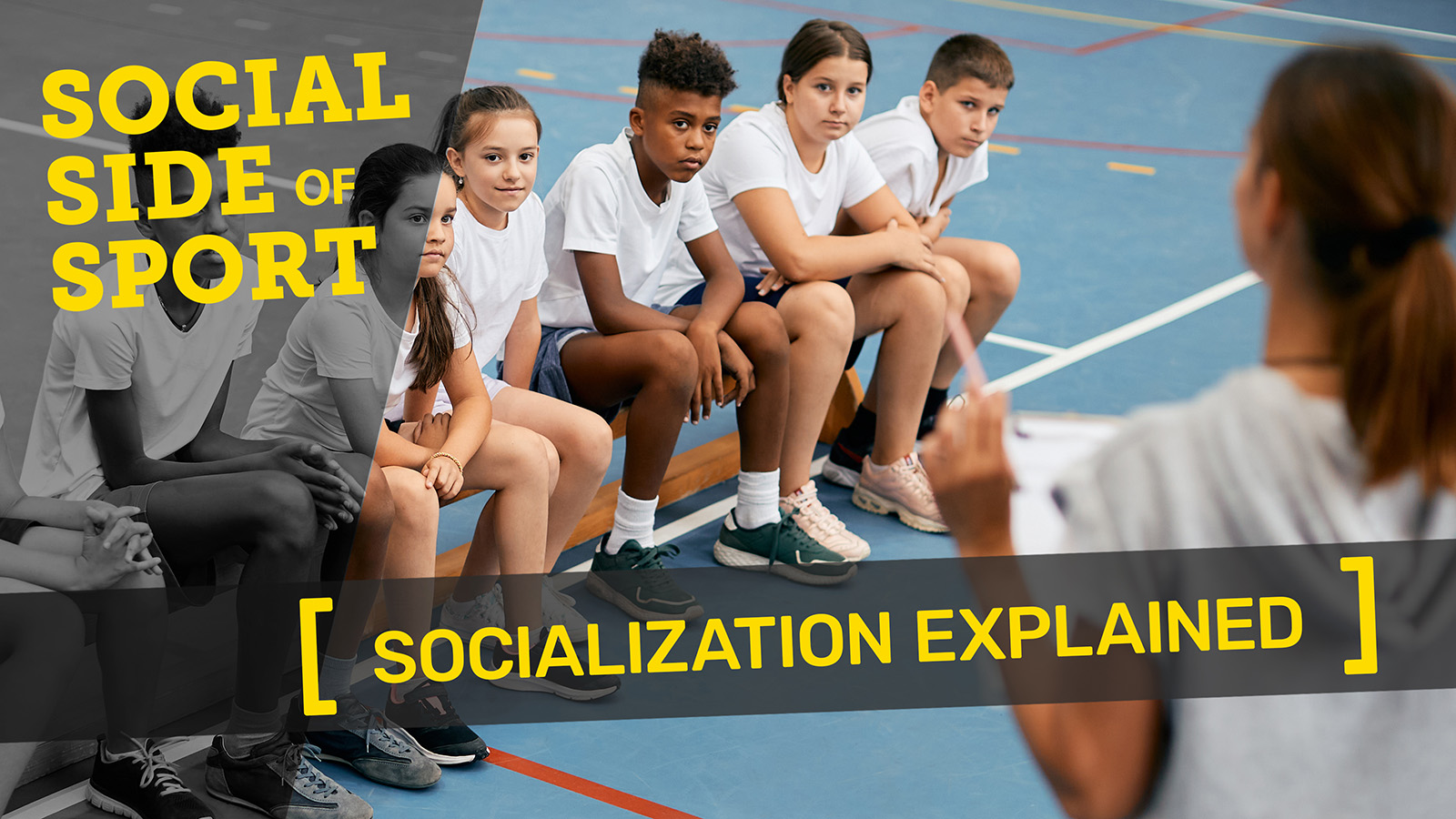Aspiration/Aspiration Level
The term(s) represent(s) a hypothetical construct with special meaning in the theory of achievement motivation to explain individual differences in the experience of success and failure. Aspiration level was introduced by Kurt Lewin (e.g., 1938) in the frame of his conceptualization of psychological forces and elaborated to characterize the habitual and/or actual individual reference standard in the self-evaluation of performance.
Four standards can be differentiated by the decisive criteria for success or failure: (1) the individual reference standard is created by one’s personal best (relative to previous performance), (2) the inter-individual reference standard is built up by a comparison with others (relative to others, comparative best (e.g., compared to other members in the peer group), (3) the task reference standard is constituted by the demands of the given
task, and (4) the normative reference standard is set by (absolute) norms, values that have to be met. The respective standards are felt binding for the evaluation of the course and outcome of a performance-oriented action (Nitsch & Hackfort, 2016).
References
Lewin, K. (1938). The conceptual representation and the measurement of psychological forces. Durham, NC: Duke University Press. https://amzn.to/3w8OsAa
Nitsch, J. R., & Hackfort, D. (2016). Theoretical framework of performance psychology: An action theory perspective. In M. Raab, B. Lobinger, S. Hoffmann, A. Pizzera, & S. Laborde (Eds.), Performance psychology Perception, action, cognition, and emotion (pp. 11 29). Amsterdam: Elsevier. https://amzn.to/3CSpYyJ
***Contributed by Dieter Hackfort for Hackfort, D., Schinke, R. J., & Strauss, B. (Eds.). (2019). Dictionary of sport psychology:sport, exercise, and performing arts. Academic Press. https://amzn.to/3ZxARzT





















